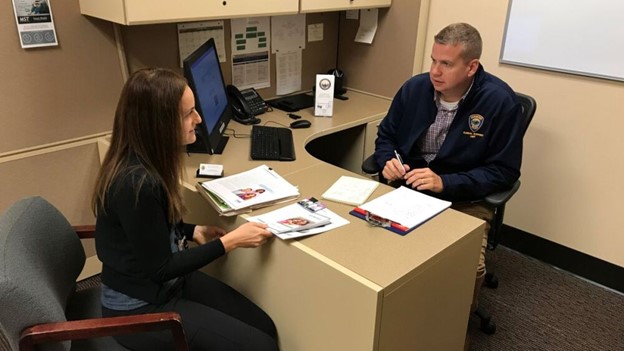Director of Clinical Support Services Published in the Journal of the American Medical Association
Monday, March 17, 2025
"
The study recommends developing infrastructure to identify these high-risk adults and provide community-based suicide screening and prevention, especially post-release from jail.
"
Dr. James Barrett, Director of Clinical Support Services for the Cambridge Police Department, was part of a team of researchers who recently published a fascinating study in the Journal of the American Medical Association (JAMA) Network Open.
Share of Adult Suicides After Recent Jail Release found that one in five adults who die by suicide in the United States spent at least one night in jail in the year prior to their death. The study was funded by the National Institute of Mental Health (NIMH), as part of the National Center for Health and Justice Integration for Suicide Prevention (NCHATS). Dr. Barrett and the director of the Health Equity Research Lab, Dr. Ben Cook, are co- principal investigators for one of the center’s four primary projects.
Researchers compiled data from 10 studies of death rates among formerly incarcerated adults. The researchers found that nearly 20% of suicides among US adults occurred among those who were released from jail in the past year and 7% were by those in their second year of jail release. The study recommends developing infrastructure to identify these high-risk adults and provide community-based suicide screening and prevention, especially post-release from jail.
Dr. Barrett’s work with the Cambridge Police Department and the Cambridge Health Alliance’s Health Equity Research Lab reflects his commitment in supporting individuals with mental health conditions. He leads the Clinical Support Unit at CPD, whose staff work alongside specially trained officers to prevent the unnecessary arrest and detention of people diagnosed with mental health conditions. Dr. Barrett’s unit uses a case management and follow up approach, where social workers follow up on mental health calls with the goal of stabilizing and supporting residents in the community. CPD has also deployed a co-response model as an enhancement to its current model. A clinician is paired with an officer in a patrol car to respond to police 911 calls in the city that involve mental health.


